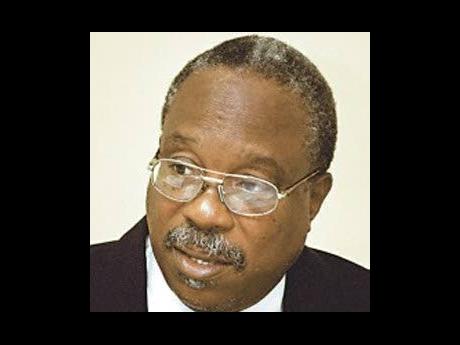Dennis Minott | Charting economic future for Haiti
Historically, well within the lifetimes of my parents and me, there have been several instances where nations that have experienced extreme social upheaval have emerged as champions of economic productivity in the modern era.
Consider starring countries like Rwanda, Germany, Vietnam, Ireland, Ethiopia, South Korea, Japan, and China. These countries have demonstrated remarkable resilience and transformation following periods of intense turmoil.
In the case of Haiti, despite its current challenges, there is potential for a positive outlook based on historical examples and future possibilities.
1. Historical precedents:
– Rwanda: Recovered from the devastating genocide in 1994 to achieve significant economic growth and stability.
– Germany: Overcame the horrific aftermath of World War II to become an economic powerhouse in Europe.
– Vietnam: Transitioned from war-torn conditions to a rapidly growing economy.
– Ireland: Overcame economic and sectarian struggles to become one of Europe’s fastest-growing economies.
– Ethiopia: Implemented reforms to drive economic growth and development after the overthrow and murder of Haile Selassie I and the great famine thereafter.
– South Korea, Japan, China: Transformed from war-torn nations to global economic powerhouses.
2. Outlook for Haiti:
– Resilience: Haiti has a distinguished history of resilience in the face of adversity, which can be a driving force for recovery and growth.
– Potential for reforms: Implementing structural reforms in governance, infrastructure, and economy can pave the way for sustainable development.
– International support: Respectful international aid and support can assist in rebuilding institutions and infrastructure.
– Natural resources: Utilising Haiti’s natural resources and promoting industries like green enterprises, agriculture and tourism can boost economic growth.
– Human capital development: Investing in education, healthcare, green artesian training and human capital can enhance productivity and economic competitiveness.
Here’s the thing, while Haiti faces significant challenges today, drawing from the experiences of other nations that have overcome even more intense turmoil, there is a potential for Haiti to emerge as a champion of economic productivity in the near (10 years) future. By focusing on resilience, reforms, international support, natural resources, and human capital development, Haiti can work towards a brighter economic outlook despite its present troubles.
If I were the rightful owner of US$1 million, I would certainly contact three smart, hardworking Haitian colleagues of mine with a view to reserving at least US$400,000 of my own money for investment in that beautiful place as soon as it settles itself down again. To me, leucaena leucocephala (commonly known as river tamarind) grows best in Hispaniola, Antigua, Barbados, Cuba, Luzon, Oaxaca, southern India, and Queensland. More anon.
Talk about foreign direct investments!
Dennis Minott, PhD, is the CEO of A-QuEST-FAIR. He is a multilingual green resources specialist, a research physicist, and a modest mathematician who worked in the oil and energy sector. Send feedback to: a_quest57@yahoo.com or columns@gleanerjm.com.


